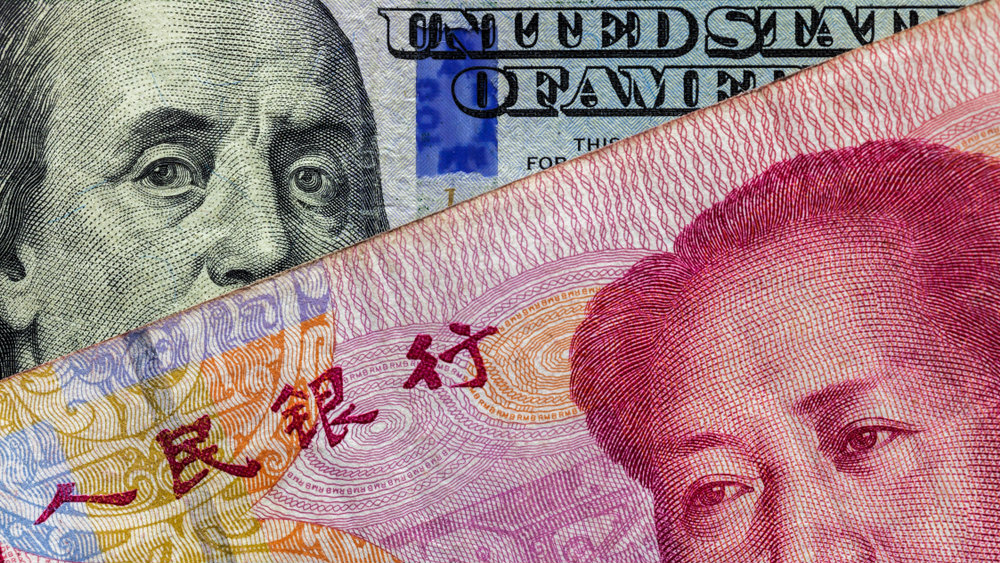Key Takeaways:
• China’s top leaders, led by President Xi Jinping, aim to curb the property decline and prompt a steady recovery.
• The commitment was presented in a high-level meeting chaired by Xi and the second tier of the Chinese Communist Party.
• In tandem with these efforts, fiscal and monetary policy support need to be strengthened.
• Following the announcements, stocks in mainland China and Hong Kong saw considerable gains, specifically, a surge of nearly 12% in the Hong Kong Chinese property stocks index.
• The real estate sector, which accounted for more than a quarter of China’s economy, suffered a slump after Beijing’s debt crackdown on developers in 2020.
A Call for Economic Recovery
China, under the leadership of President Xi Jinping, announced it aims to halt the ongoing decline in the country’s real estate market. The statement followed a high-level meeting involving the Politburo, the second-highest circle of power in the Chinese Communist Party, a key decision-making and policy-formulating body in China.
The leaders emphasized the need to address the “economic challenges” and “concerns of the masses” in the wake of the property slump. They also proposed reinforcement of fiscal and monetary policy support to facilitate the revival.
Economic Impacts, Responses, and Expectations
Real estate once formed a major part of China’s economy but has seen a downturn since 2020 when Beijing introduced measures to regulate high levels of debt among property developers. This decline in the sector has put a dent in local government revenue and household wealth, triggering concerns for broader economic growth.
Further, the slowdown has raised worries about whether the country can achieve the full-year GDP target of around 5% without an additional stimulus. While stocks have risen following the announcement of planned interest rate cuts and real estate support, analysts have warned that the economy needs further financial support.
Improving Real Estate Figures
Real estate’s recent destabilization has been slightly tempered in recent months. According to Goldman Sachs, average home prices fell by 6.8% in August from the previous month, a slight improvement from a 7.6% dropdown in July. The total value of new homes sold fell by 23.6% for the year through August – slightly better than the 24.3% drop year-to-date recorded as of July.
“The policy priority is not to boost housing prices to create a wealth effect, but to encourage households to make purchases. This real estate policy is aiming at reducing its drag on the economy,” noted Yue Su, principal economist China, at the Economist Intelligence Unit.
Towards a More Assured Economic Future
Thursday’s meeting showed a shift in focus, with calls for limiting growth in housing supply, and increases in loans for whitelisted projects and reductions in existing mortgage interest rates. Meanwhile, the People’s Bank of China announced cuts that should ease the mortgage payment burden by 150 billion yuan ($21.37 billion) a year.
While China was less aggressive in asserting that they would achieve their full-year economic goals, the commitment to stabilization hinted at a new balance between short-term growth and long-term structural adjustments. As HSBC indicated, this change in direction suggests “more proactive initiatives” on the horizon. This policy shift aims to stimulate a stabilized recovery in the real estate sector while addressing widespread economic concerns.
The consensus among experts is that these steps are positive yet cautious steps. As China navigates its way out of an economic slump, these decisions promise hope — not just for the real estate sector, but for the broader Chinese economy as well.
Source: cnbc.com

